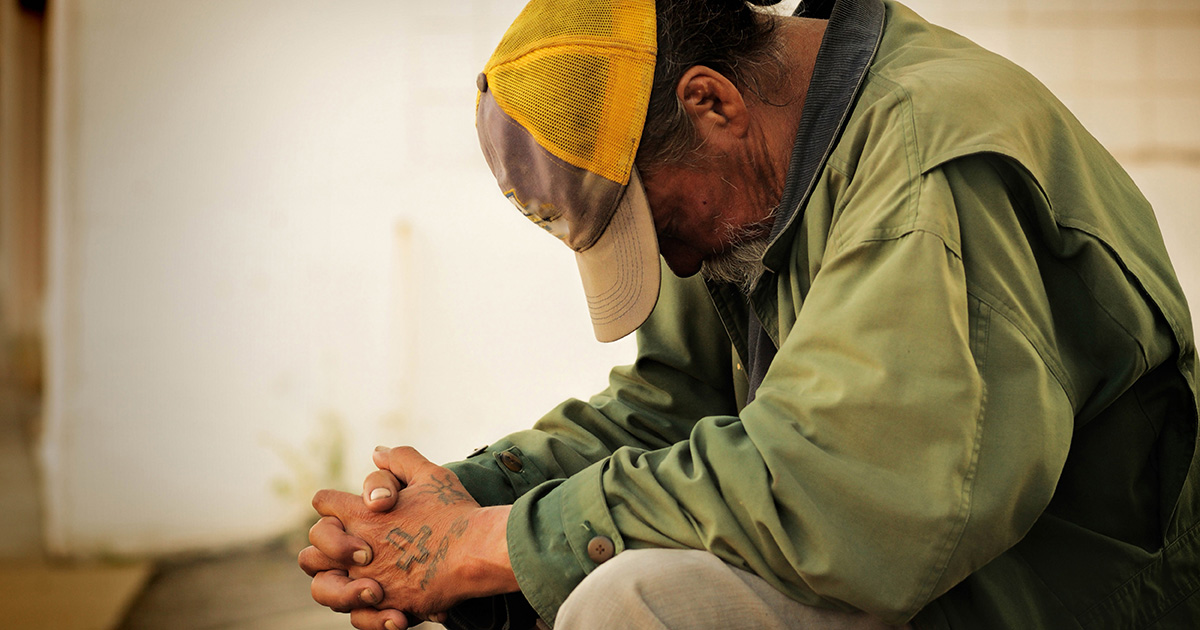How to Make Charity more Effective, from the Perspective of the Poor?
During the spiritual and charitable journey of Vincentians, we are constantly called to be not only “hands that offer help,” but “hearts that understand,” “eyes that see” and “ears that listen.”
Charity, to be truly effective, must start from the point of view of those who receive it: the poor and those on the margins of society. Often, our good intentions and actions, while laudable, may not fully achieve the desired impact if we do not take into account the real needs and desires of those we serve.
In this context, I would like to propose five practical actions to make our help more effective, following the examples of St. Vincent de Paul and the other exponents of holiness and service that we find in the Vincentian Family, and from the perspective of the poor themselves:
- Active and respectful listening: before offering any form of help, we need to listen to the people we serve. Often, the most urgent needs are not the ones we imagine. We must approach our brothers and sisters in vulnerable situations with an attitude of humility and respect, letting them tell us about their main difficulties, problems and concerns. Listening is an act of love and a way of recognizing the dignity of others: “Dearly beloved, keep this in mind: be ready to listen, slow to speak and slow to anger” (James 1:19).
- Strengthening autonomy: Vincentian charity should have as its ultimate goal the promotion of the autonomy of the people we assist. To this end, it is necessary to develop programs and actions that strengthen the autonomy of these people, offering them not only material resources, but also opportunities for professional training, guidance in the search for employment, educational activities and support so that little by little they can fend for themselves. Aid that perpetuates dependency is not charity, but a temporary service that needs to be transformed. “I have come that they may have life and have it more abundantly” (John 10:10). This passage reminds us that life in abundance implies growth, development and independence.
- Create real bonds: Instead of providing impersonal help, we should strive to create real and affective bonds with the families we accompany. Relationships of friendship and mutual respect create an opportunity for the people we help to feel valued and part of a support network. This bond of trust allows them to share their difficulties more frankly, making it easier for Vincentians to intervene more accurately and effectively. “I no longer call you servants, for the servant does not know what his master is doing, but I have called you friends” (John 15:15). Just as Jesus called us friends, we too must create bonds of friendship with those we help.
- Collaborative intervention: More effective assistance requires participation and partnership with other social organizations, churches, NGOs, branches of the Vincentian Family and even public agencies. Collaboration with other organizations allows us to take advantage of the resources at our disposal and to broaden the scope of our actions. Mutual solidarity and cooperation are fundamental pillars for a charity that truly transforms lives. “For just as in one body we have many members, but not all the members have the same function, so we, who are many, are one body in Christ, and each of us is a member of the others” (Romans 12:4-5). Collaboration is essential for the body of Christ to act in unity.
- Continuous and personalized accompaniment: Each person we help has a unique life story, and their needs may vary over time. That is why it is essential that we offer regular and personalized accompaniment for each case, frequently reassessing the situation and adjusting our assistance as circumstances change. A one-off service without continuity runs the risk of falling into oblivion, without generating significant changes in the lives of the people we help. “And let us consider one another, that we may labor in love and good works” (Hebrews 10:24). This reminds us of the importance of being continually present in the lives of those we serve, always encouraging and supporting them.
These five actions are a call to practice a more conscious, empathetic and transforming charity. As Vincentians, we have the daily challenge to go beyond simple material donations, assuming a posture of true service, where those in need are not passive recipients of our help, but protagonists in the construction of their own history.
In doing so, we allow the love of Christ to reach each person in his or her totality through us, respecting his or her dignity and promoting his or her integral transformation. In the light of the Gospel and Vincentian spirituality, may we make our charity an instrument of justice and human promotion, always centered on the poorest.
Brother Renato Lima de Oliveira
16th President General of the Society of St. Vincent de Paul (from 2016 to 2023).
Tags:








0 Comments